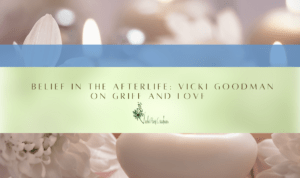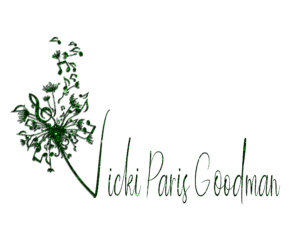

When my experience defies conventional thought, I write a book…

Covid restrictions really messed with my “grief equilibrium.” I’d been doing so well after my husband Sam died! When Covid mandates and “lockdowns” reared their ugly heads, I quickly devised “grief plan” B, which proved only partially successful. Still, things would have been far worse without it.
Imagine the loss of your spouse to cancer. As you finally begin to get your bearings, just as you start to see light at the end of the tunnel, another life tragedy strikes. It could be the death of a sibling, the destruction of your home due to fire, or the loss of your freedoms and social connections due to Covid.
Don’t misunderstand me. I’m not implying Covid restrictions and isolation compare to the death of a loved one or the loss of one’s home. But I am saying that for a surviving spouse still dealing with their recent loss, the fallout can feel the same.
According to Kenneth J. Doka, Ph.D., in Psychology Today, “When we experience a death, it often affects our sense of the world. The world seems less safe, less benevolent, and less predictable. In a time of a pandemic…these feelings are amplified. So, we may feel a greater sense of anxiety that adds to [our] grief.”
Covid restrictions really messed with my “grief equilibrium.” I’d been doing so well after my husband Sam died! When Covid mandates and “lockdowns” reared their ugly heads, I quickly devised “grief plan” B, which proved only partially successful. Still, things would have been far worse without it.
Imagine the loss of your spouse to cancer. As you finally begin to get your bearings, just as you start to see light at the end of the tunnel, another life tragedy strikes. It could be the death of a sibling, the destruction of your home due to fire, or the loss of your freedoms and social connections due to Covid.
Don’t misunderstand me. I’m not implying Covid restrictions and isolation compare to the death of a loved one or the loss of one’s home. But I am saying that for a surviving spouse still dealing with their recent loss, the fallout can feel the same.
According to Kenneth J. Doka, Ph.D., in Psychology Today, “When we experience a death, it often affects our sense of the world. The world seems less safe, less benevolent, and less predictable. In a time of a pandemic…these feelings are amplified. So, we may feel a greater sense of anxiety that adds to [our] grief.”

This quote really rings true for me.
In To Sam, With Love, I wrote about the balance I’d achieved between activity and alone time. The activities kept me engaged, allowed for social interaction, and provided the interesting and fun experiences I needed to counter my grief and loss. The time spent alone helped me to process the life-changing event I’d suffered through the loss of Sam.
In the book I go on to address the way Covid restrictions and isolation completely upended the balance I’d achieved, the balance that was working so well. Suddenly, I was forced to spend far too much time by myself.
In addition, the grief support group I’d attended suddenly shut down, as did my regular meetings with a hospice chaplain. The abrupt onset of all of this adversity compounded my grief. Further exacerbating the threat to my well-being was anxiety caused by what I’ll call “Covid uncertainty.” It’s no wonder I was suddenly having a tough time.
With respect to Covid, grief expert David Kessler noted, “We are all dealing with the collective loss of the world we knew.”
Wow. It’s no wonder, as a surviving spouse of a recent loss, I felt so anxious and threatened when Covid restrictions began. Everyone’s life was turned inside out. But mine was already under siege when the world “locked down.” How much more could I be expected to take?
Kendra Cherry, writing for Very Well Mind, suggests, “Practicing self-care, reaching out to friends and loved ones, and talking to a mental health professional are a few of the many ways you can cope with grief.”
I wholeheartedly agree. In fact, when Covid restrictions came and I realized that added to my grief over Sam’s death they were more than I could effectively handle on my own, I did exactly what Ms. Cherry recommends.
I found out which of my friends and family were willing to make themselves available for social activity, even if it was nothing more than a walk or a hike outdoors. I discovered my karaoke group was still gathering to sing. With my grief support group shut down, and the hospice chaplain less available, I sought out a grief counselor and found a good one. These were all blessings for which I was, and still am, filled with gratitude.
In conclusion, when you are grieving, especially under otherwise adverse circumstances, be proactive. Take advantage of the resources available to you. They may not make everything 100% all right. But they will certainly help to get you through the toughest times.
